‘Saltburn’, a gripping black comedy psychological thriller, unfolds under the masterful storytelling of Emerald Fennell, who serves as the writer, director, and producer. The film boasts a stellar ensemble cast featuring Barry Keoghan, Jacob Elordi, Rosamund Pike, Richard E. Grant, Alison Oliver, and Archie Madekwe. Set in England during the mid-2000s, the narrative revolves around a young university student ensnared in the allure of his wealthy schoolmate. This infatuation propels him into an intriguing and unsettling summer spent at his enigmatic family’s estate. Fennell weaves a tale that explores the complexities of desire, privilege, and the darker corners of the human psyche. As the characters navigate the labyrinth of their own motivations, ‘Saltburn’ emerges as a thought-provoking exploration of suspense and satire, leaving audiences on the edge of their seats. If you want more of the same, here are 8 movies similar to ‘Saltburn’ you should consider watching.
8. The Go-Between (1971)
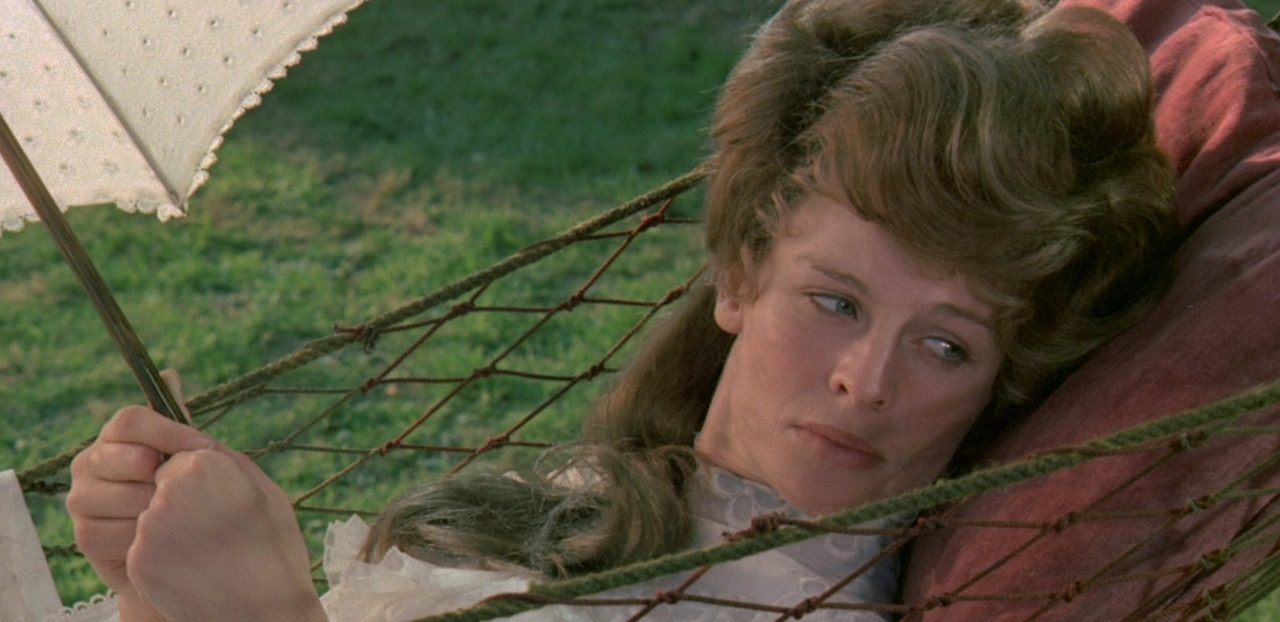
Bringing L. P. Hartley’s novel to life, ‘The Go-Between,’ directed by Joseph Losey, is a British drama film set in Edwardian England. The plot follows Leo, a young boy (Dominic Guard/Michael Redgrave), who becomes the unwitting messenger for a forbidden romance between Julie Christie’s character Marian and Alan Bates’ Ted. As Leo navigates the adult world’s complexities, he becomes entangled in the consequences of the affair. Similarly to ‘Saltburn,’ ‘The Go-Between’ explores the impact of secretive relationships on the individuals involved, blending elements of coming-of-age drama with psychological tension. Both films intricately weave suspense and interpersonal dynamics, revealing the darker sides of desire.
7. Kill List (2011)
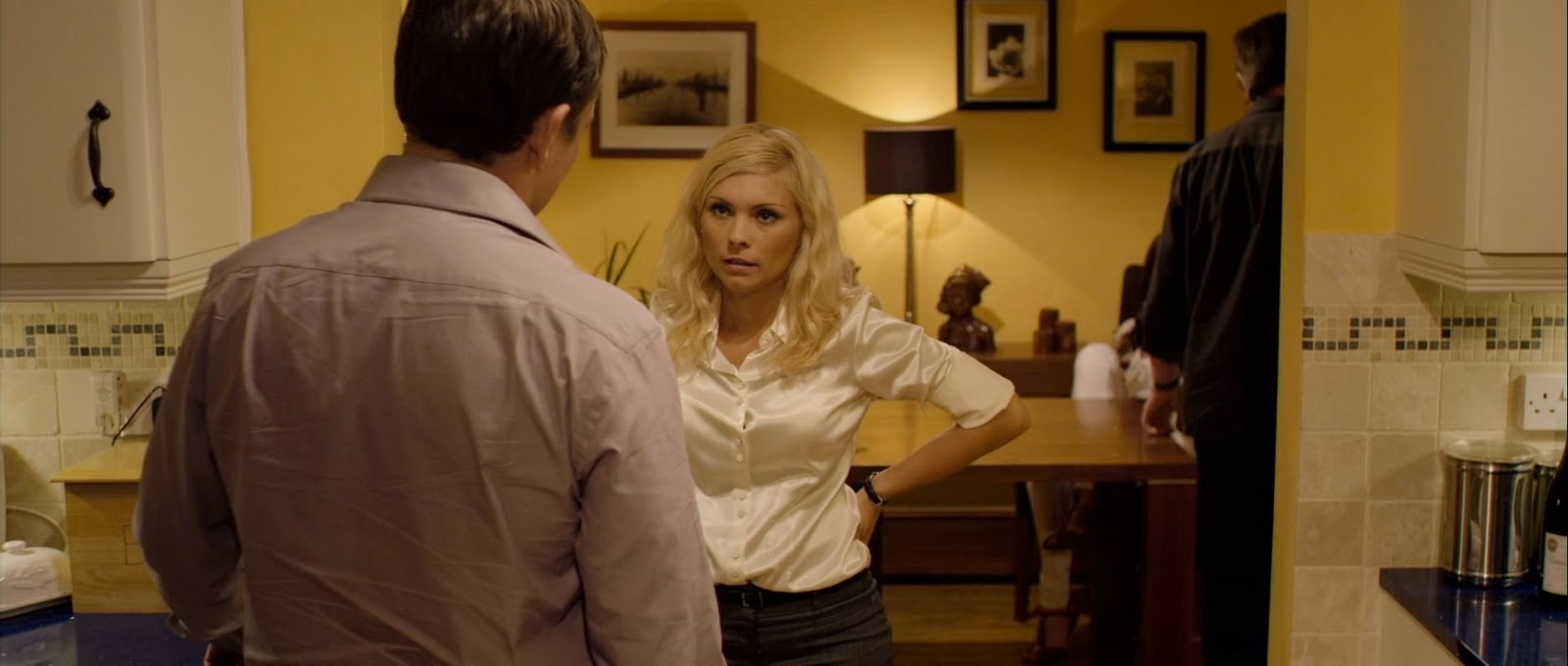
In the realm of psychological thrillers, ‘Kill List’ and ‘Saltburn’ stand as chilling masterpieces, directed by the masterful Ben Wheatley and Emerald Fennell, respectively. Both films delve into the dark underbelly of privilege and the psychological toll of obsession. In ‘Kill List,’ Neil Maskell’s haunted hitman, Jay, reluctantly accepts a new set of contract killings, unaware of the sinister forces he’s about to unleash. As he ventures into the murky underworld, his world spirals into a vortex of paranoia and dread. In ‘Saltburn,’ Barry Keoghan’s infatuated Oliver becomes ensnared in the enigmatic world of the Catton family, their wealth and eccentricity masking a disturbing truth. Both films explore the complexities of human relationships, where trust is elusive and motivations are shrouded in secrecy.
6. Cries and Whispers (1972)
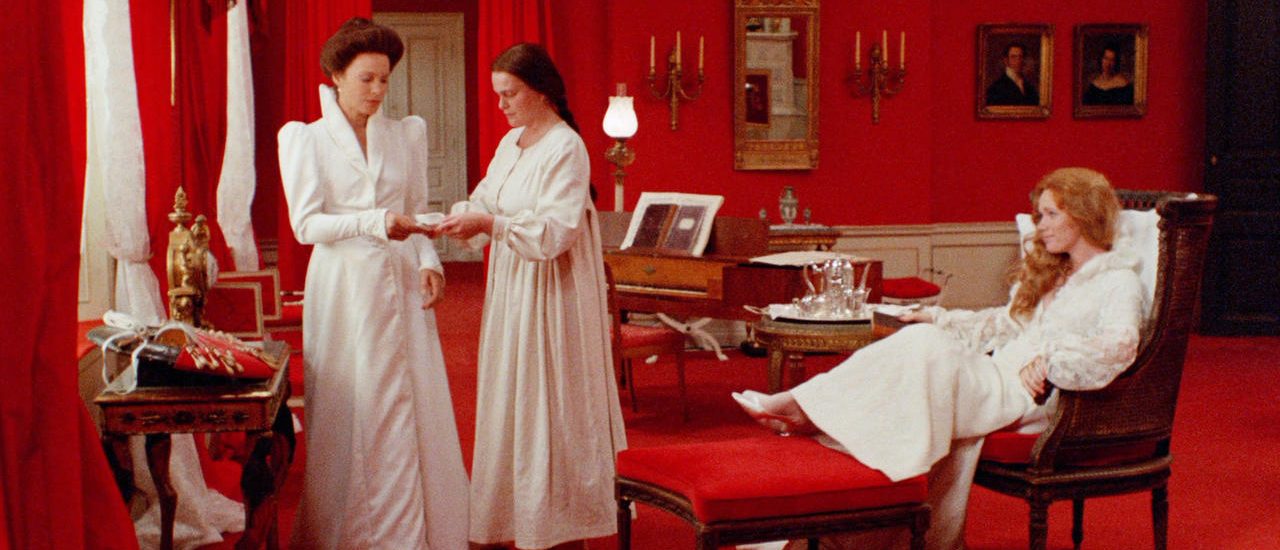
Ingmar Bergman’s 1972 masterpiece, ‘Cries and Whispers,’ shares a haunting kinship with Emerald Fennell’s psychological thriller. Both films show the depths of human emotion, exploring themes of family dysfunction, repressed desires, and the allure of wealth. In ‘Cries and Whispers,’ Bergman masterfully portrays the strained relationships between three sisters, Agnes (Harriet Andersson), Maria (Liv Ullmann), and Karin (Ingrid Thulin), as they gather at their ancestral home to tend to their dying sister, Agnes. The film’s stark visuals and haunting atmosphere emphasize the sisters’ emotional turmoil, their repressed feelings manifesting in whispers and cries of anguish. Similarly, ‘Saltburn’ dives into the complexities of family dynamics, as Oliver (Barry Keoghan) becomes entangled in the lives of the eccentric Catton family. The film’s exploration of class and privilege mirrors the themes of ‘Cries and Whispers,’ as Oliver finds himself caught in a web of deceit and hidden agendas.
5. The Killing of a Sacred Deer (2017)
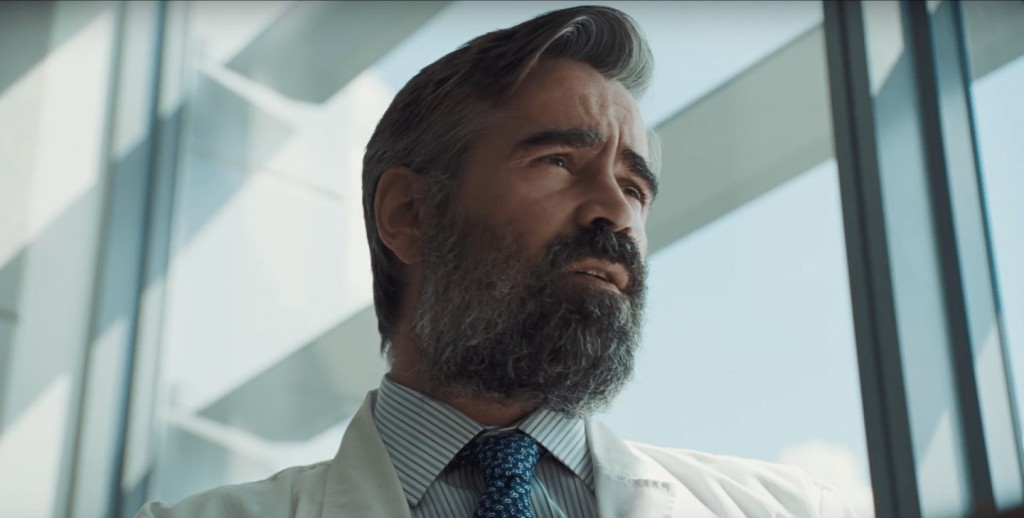
In ‘Killing of a Sacred Deer,’ directed by Yorgos Lanthimos, a surgeon’s life unravels when a mysterious teenage boy (Barry Keoghan) imposes a disturbing moral dilemma on his family. The film, like ‘Saltburn,’ shows the psychological tension and the consequences of hidden desires. Lanthimos’ signature dark humor and meticulous pacing create an unsettling atmosphere with Colin Farrell in the lead, mirroring the tone found in ‘Saltburn.’ Through their exploration of guilt, obsession, and the dark side of human nature, ‘The Killing of a Sacred Deer’ and ‘Saltburn’ leave a lasting impact on the viewer, challenging their perception of right and wrong and leaving them with a lingering sense of unease.
4. Grey Gardens (1975)
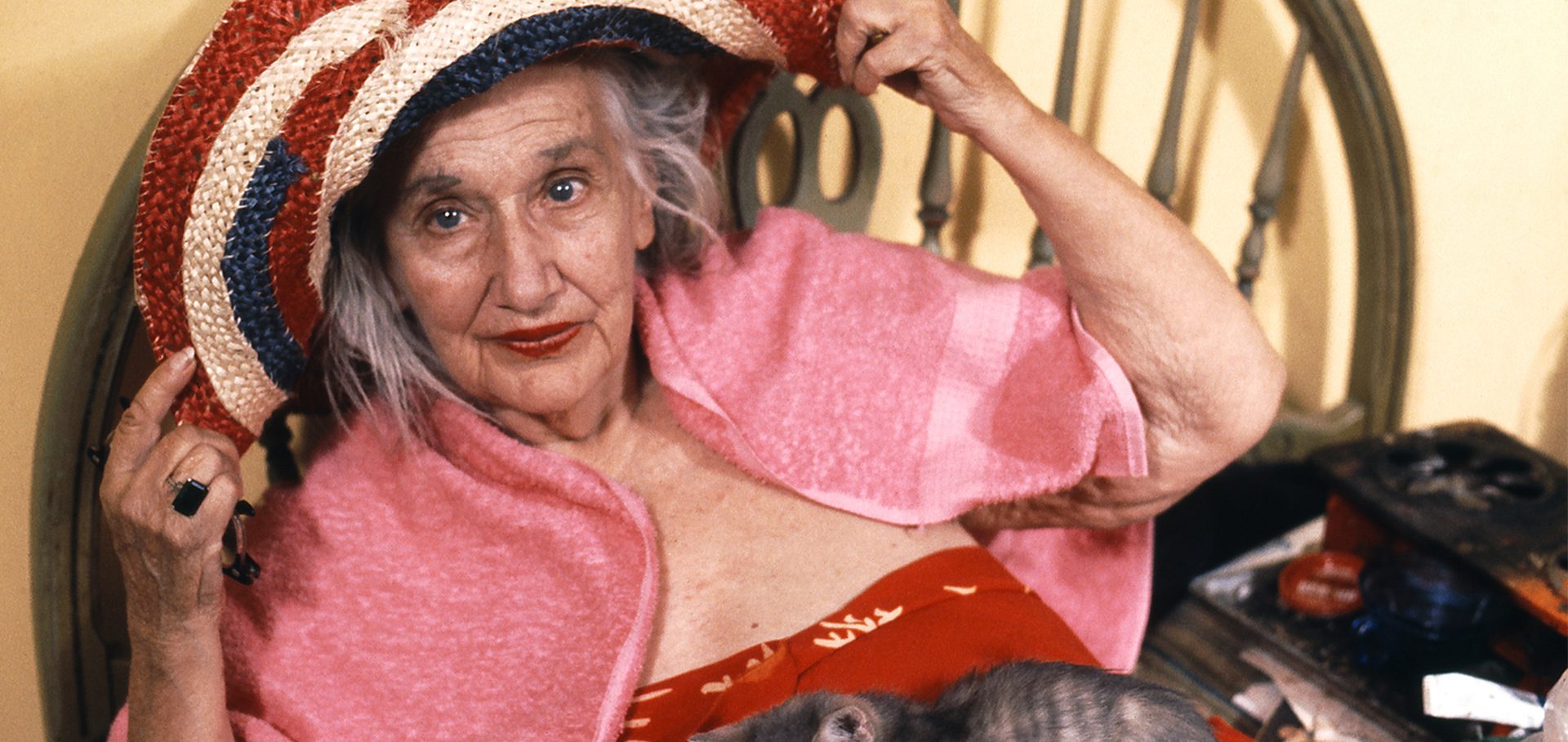
Directed primarily by Albert and David Maysles, ‘Grey Gardens’ is a captivating documentary exploring the eccentric lives of Edith “Big Edie” Bouvier Beale and her daughter Edith “Little Edie” Bouvier Beale, relatives of Jacqueline Kennedy Onassis. The film reveals their isolated existence in a decaying mansion, marked by faded glamour and familial complexity. Similar to ‘Saltburn,’ ‘Grey Gardens’ intricately examines the psychological nuances of unconventional relationships within a confined setting. Both projects offer a voyeuristic glimpse into characters’ lives, exploring the intersection of wealth, eccentricity, and the human psyche, making them fascinating studies in the art of storytelling.
3. Purple Noon (1960)
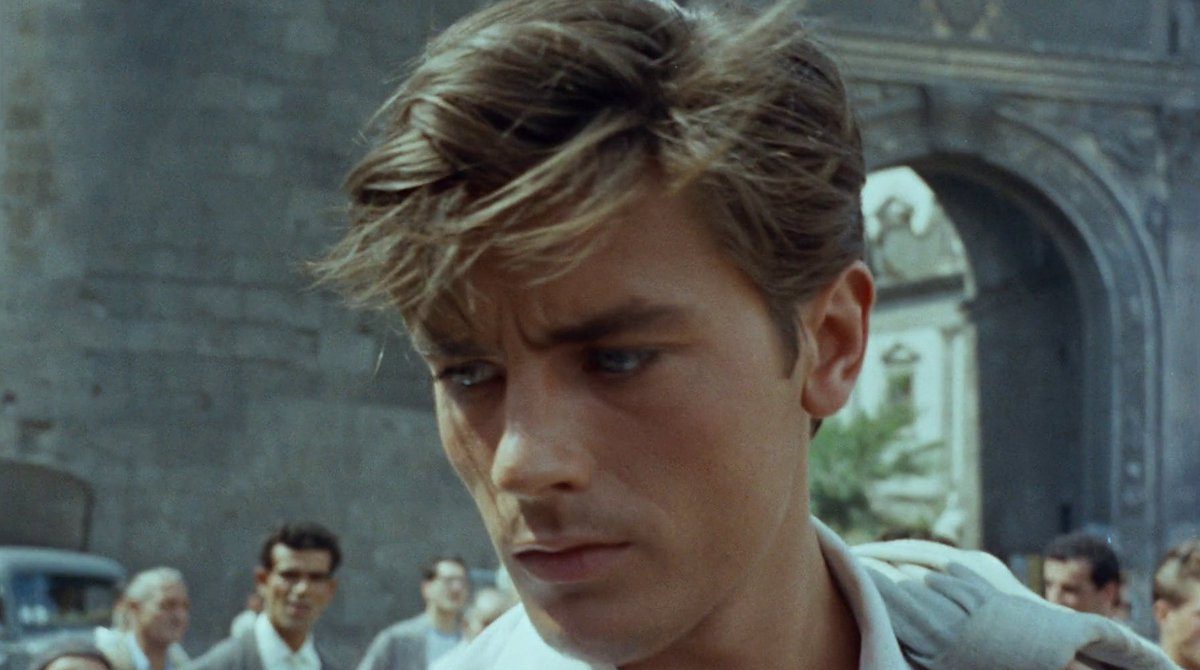
Directed by René Clément, ‘Purple Noon’ is a psychological thriller based on Patricia Highsmith’s novel ‘The Talented Mr. Ripley.’ Alain Delon stars as Tom Ripley, a charming but morally ambiguous character who infiltrates the life of his wealthy friend Philippe Greenleaf (Maurice Ronet). The film unfolds in a Mediterranean paradise, echoing the suspenseful themes found in ‘Saltburn.’ Both films explore the complexities of desire, privilege, and the psychological twists that arise within close-knit relationships. ‘Purple Noon’ and ‘Saltburn’ share a penchant for delving into the darker corners of human nature, creating atmospheric tales of suspense and moral ambiguity that captivate audiences.
2. Chinese Roulette (1976)

Directed by Rainer Werner Fassbinder, ‘Chinese Roulette’ is a psychological drama that unfolds in a secluded country house. The plot revolves around a dysfunctional family’s gathering, and secrets unravel as hidden desires and resentments come to light. Much like ‘Saltburn,’ ‘Chinese Roulette’ delves into the complexities of human relationships, exploring the darker corners of desire and deception. Fassbinder’s film, featuring a strong ensemble cast including Anna Karina, Margit Carstensen, and Ulli Lommel, captures the tension and psychological intricacies within a confined setting. Both films skillfully blend elements of suspense and interpersonal drama, providing audiences with thought-provoking narratives that peel back the layers of human behavior and societal expectations.
1. Call Me by Your Name (2017)
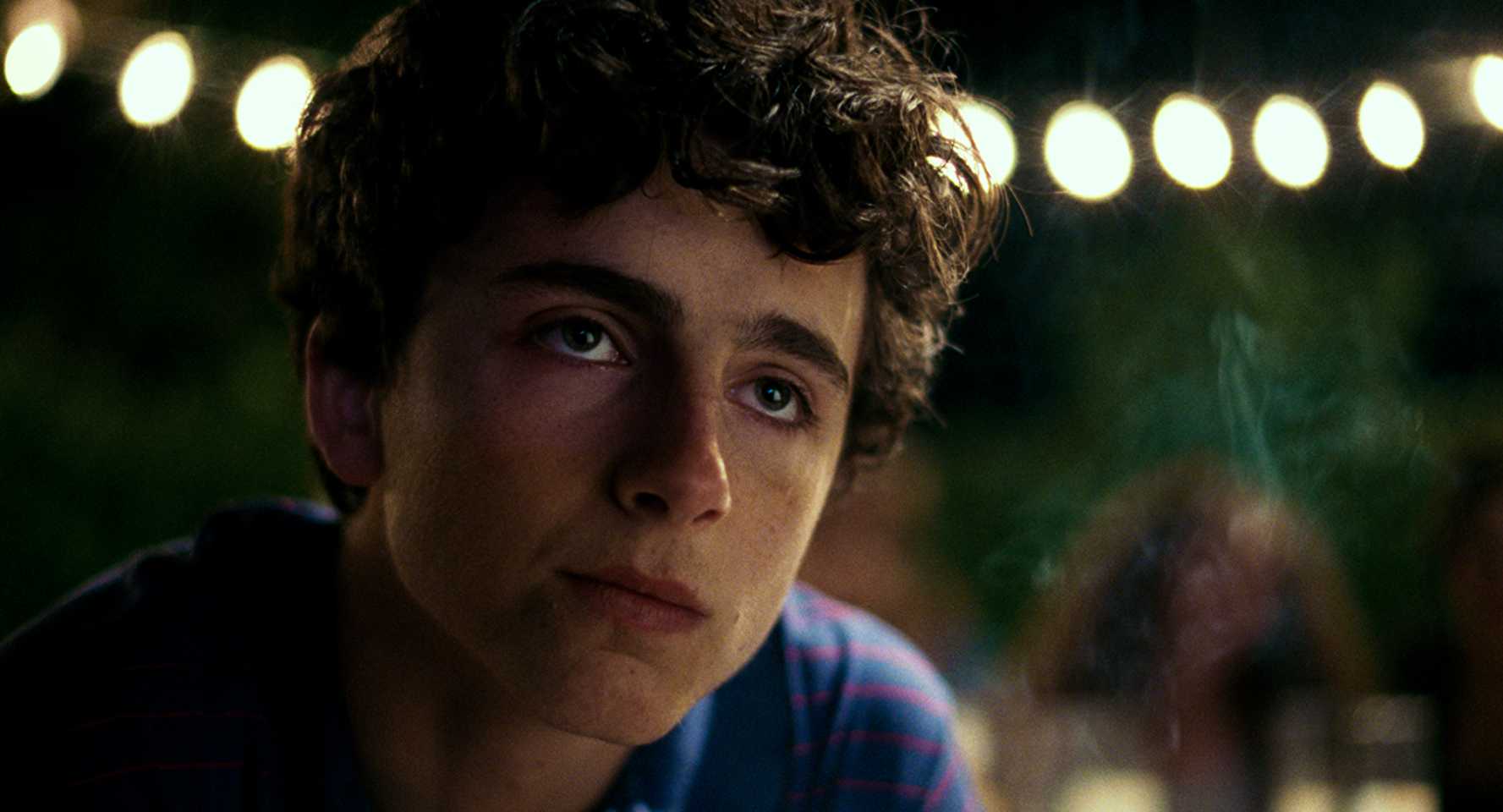
Luca Guadagnino’s ‘Call Me by Your Name‘ beckons viewers into a sun-soaked romance set against the backdrop of 1980s Italy. The film delicately traces the blossoming relationship between Elio (Timothée Chalamet) and Oliver (Armie Hammer) during a languid summer. Guadagnino’s artful direction of André Aciman’s novel immerses the audience in the sultry atmosphere, where desire simmers beneath the surface. The narrative unfolds with a nuanced exploration of love, identity, and the transient nature of time. If ‘Saltburn’ captivated you with its intricate portrayal of relationships and psychological depth, ‘Call Me by Your Name’ beckons as a poignant journey, weaving a rich tapestry of emotions against a visually enchanting backdrop.
Read More: Best Dark Comedy Movies of the 21st Century

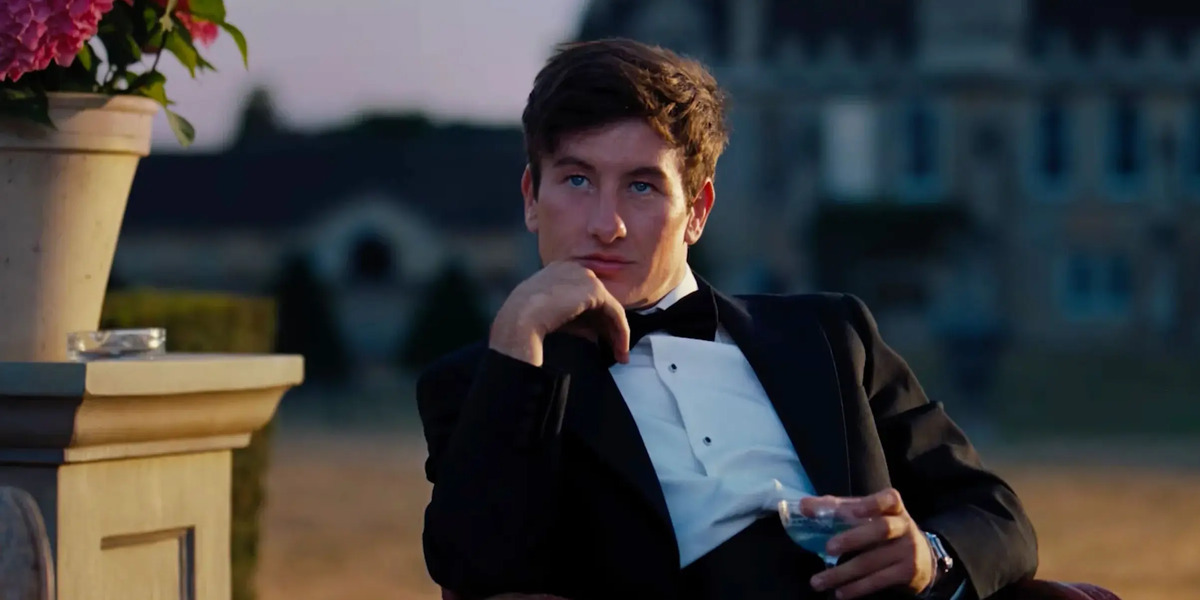
You must be logged in to post a comment.